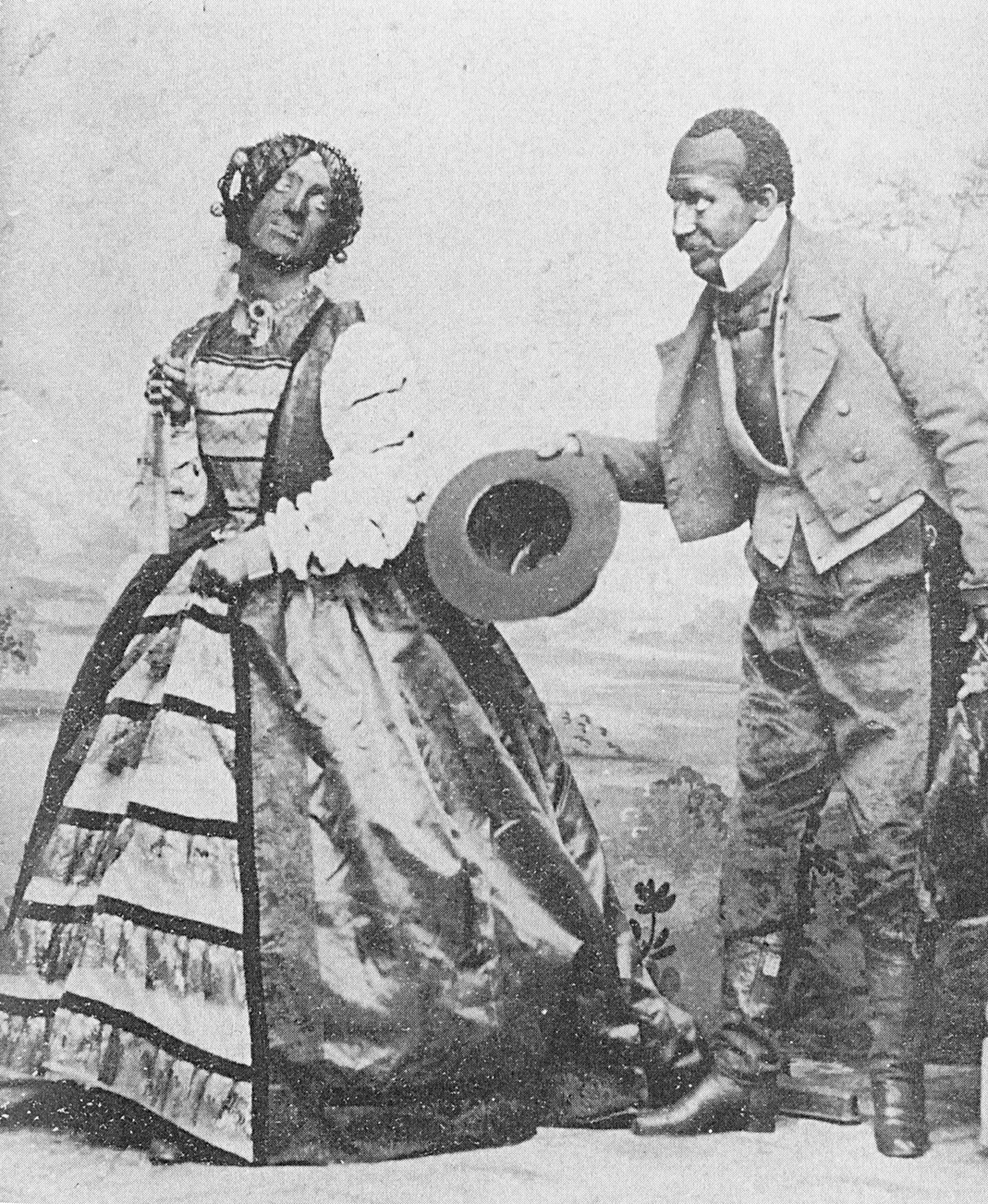
#writetips Accents and Dialects #writing #writers
 Accents and Dialects
Accents and Dialects
By Janine Savage. Reposted with permission from Write divas
Who doesn’t love listening to an accent or an entertaining dialect, especially one delivered by a sexy model or actor? Accents and dialects make people more interesting, probably because the sound is interesting to listen to and offers a fresh perspective to the words being spoken. It also adds another layer to the character, makes them feel authentic, and gives clues to the background of the speaker.
But does that same auditory experience translate well to the written word? Depends on how you handle it. As a writer you depend on the reader to do a lot of things while they read your book. One of those things is how the characters sound in their heads. This is as individual as the readers themselves are. Just as every reader has an image in his or her head of the characters, there is a voice to match. So is simply saying, “he spoke with a heavy Italian accent” enough for the reader to go on if you don’t infuse that character’s dialogue with special spellings to show the accent or dialect? Yes and no.
One of the issues with using accents and dialects is stereotyping. Perception can lead one reader to think the accent or dialect is authentic while another is insulted by it. And when phonetic spelling is used to illustrate an accent, the reader could find it too difficult to decipher if it is overused. This becomes a distraction and may cause the reader to abandon your book if it’s too difficult to read or comes across as gimmicky. I’ve abandoned a number of books for this reason.
So what exactly is an accent? It is how someone pronounces his or her words. So if your character says “Hi, y’all!” and elongates her syllables, she’s speaking English but with a Southern accent. You might even go as far as describing the accent and key phrases without identifying the accent. This is also true of someone who speaks English as a second language. They speak with a Japanese accent or an German accent.
Dialects can be more tricky. Not only are they about how the words are pronounced, they are also about how the words are used and how the speakers put their sentences together. So if we take the same the character speaking with a Southern accent, the use of a key phrase such as “bless her heart” will strengthen the accent through the use of dialect.
Here are a few words that indicate dialect:
- gonna for going to
- goin’ for going
- doin’ for doing
- ’cause for because
- sayin’ for saying
- whatcha for what are you
- pop or soda or Coke for a carbonated beverage
But dialect can be so much more than just special spellings. It’s the use of idioms and slang. It’s the difference in speech between a couple of snowboarders talking about an epic wipeout on the half-pipe and ballet dancers talking about the mistakes made in last night’s performance. Each has their own set of rules for speech and the words they use. How many times have you read dialogue that doesn’t fit the characters? Is it too formal, too causal, or way out in left field?
So how would one write for a character with a foreign accent? Let’s take a look at Russian. The Russian language does not have the to be verb. So when someone with a heavy Russian accent says, “I am going to the store” many times they drop am and say “I going to the store” or “I go to the store.” And because the English language only has three articles (the, a, and an), many foreign speakers drop it because it feels overused. So “I am going to the store” becomes “I go to store.” This becomes dialect. I almost don’t even have to tell you that this character is Russian. The minute you say, “I go to store” you have the urge to roll the R in store and you hear a Russian, Romanian, Serbian or any number of Eastern European accents in your head. And I didn’t have to employ the use of phonetic spellings or overuse of apostrophes or dropped letters for you to pick up on this.
The current attitude in writing when it comes to accents and dialects is to avoid it. Why? Because it’s hard to get it right without insulting someone or having it fall short. I would never dream of trying to write an Irish accent or tackle any of the dialects because I know I wouldn’t get it right. I can do Western US dialects because I speak and hear it every day. If you’ve got your heart set on using accents and dialects in your writing, I would advise you to do your research, don’t overdo it, and write what you know.
Now, go write something!